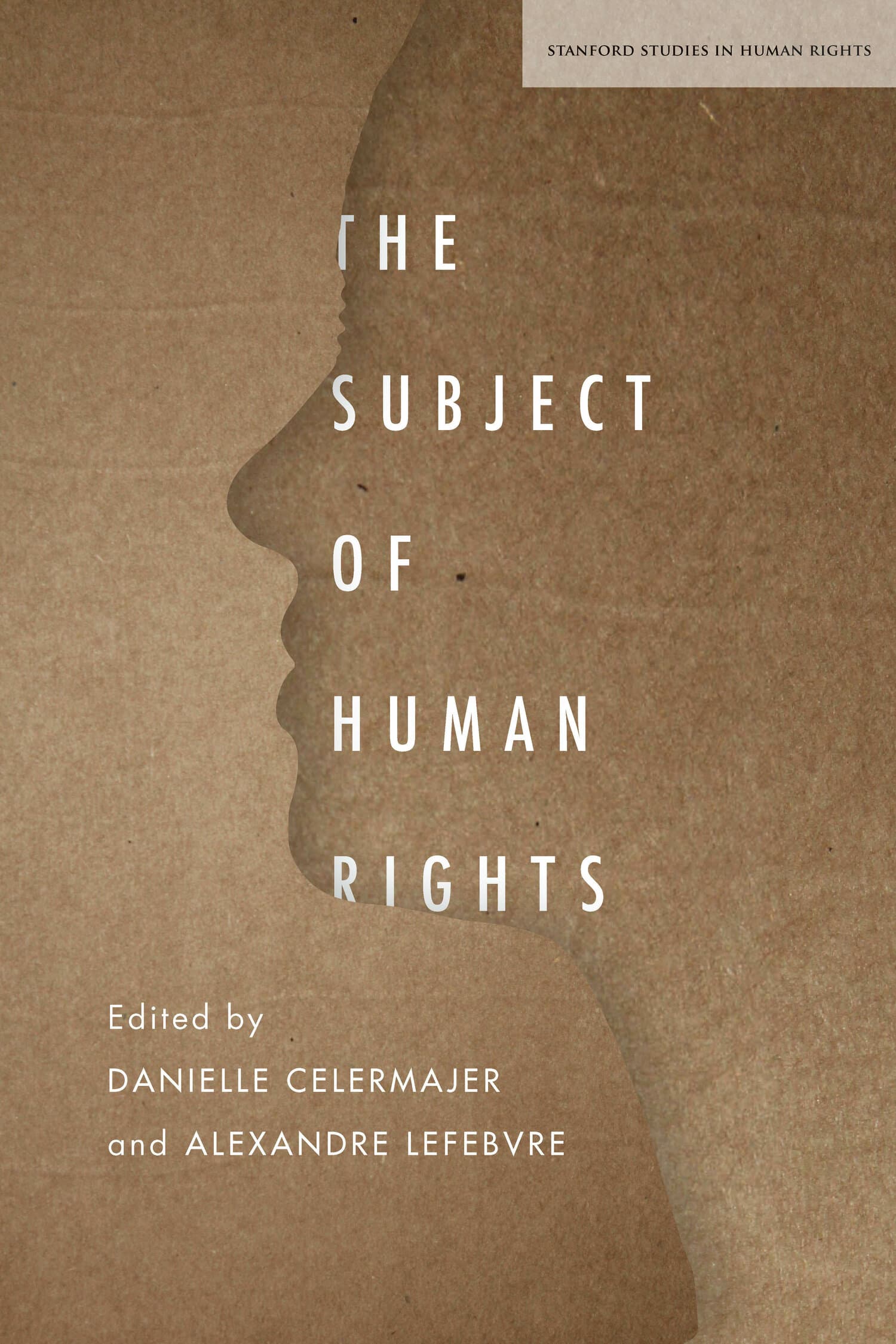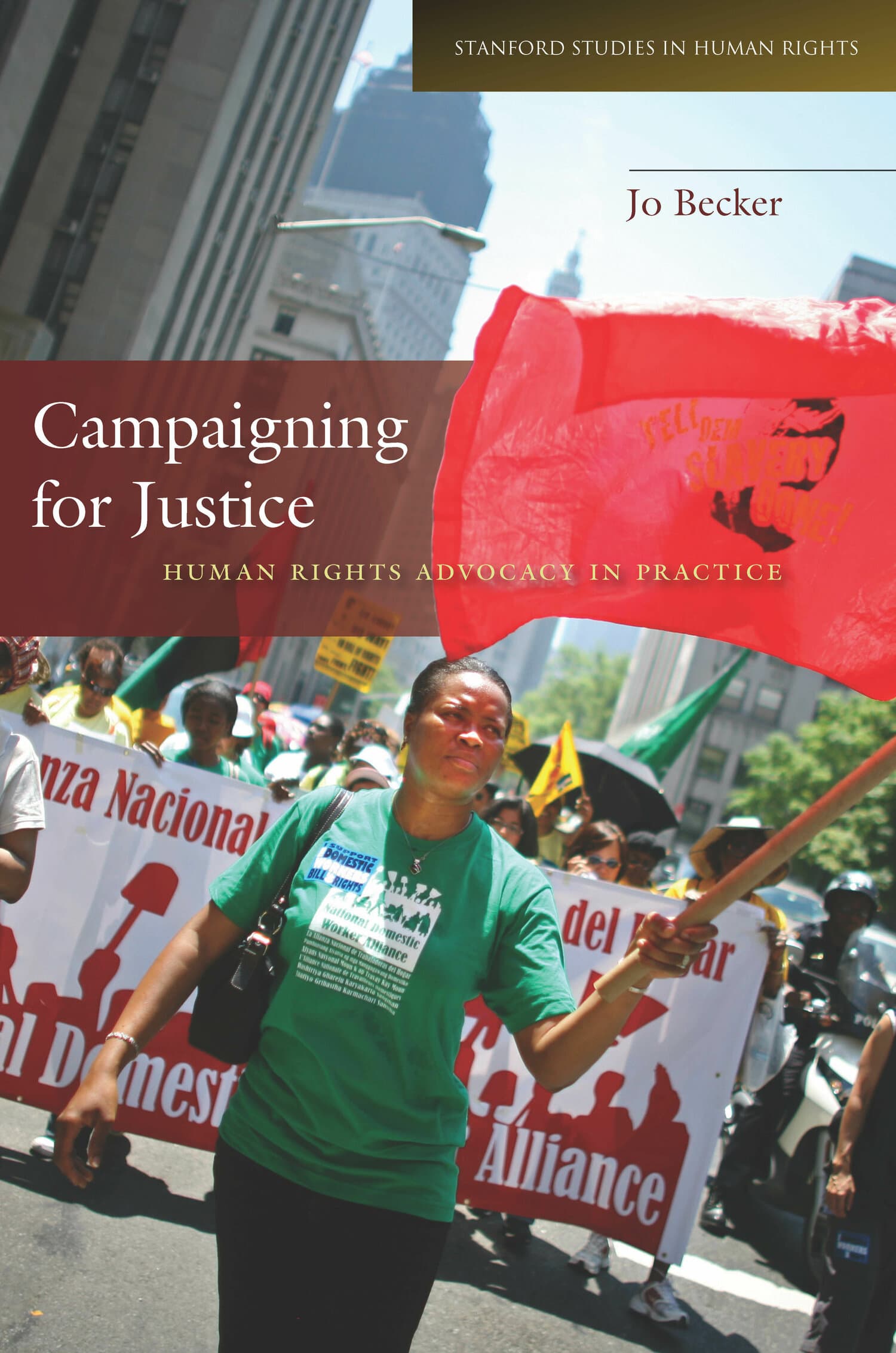The Cultivation of Resentment

The Cultivation of Resentment is one of the first book-length examinations of how grassroots conservative activists use rights discourse to pursue their political goals. It argues that conservative activists engage in frequent and sincere mobilizations of rights talk—a discourse that includes accusations that socially marginal Americans are seeking un-American, "special" rights that violate the nation's commitment to equal rights. The Cultivation of Resentment finds that such rights talk is central both to the identities of conservative activists and to the broad appeal of modern New Right politics.
However, through an in-depth case study of opposition on the Indian treaty rights, this book establishes that the impact of conservative rights talk is ultimately ambiguous. While conservative rights discourse effectively expresses the nationalistic resentment that saturates New Right politics, it deflects critical scrutiny from the actual causes of that resentment. By tracing the interplay of rights and resentment, The Cultivation of Resentment adds new insight to the prevailing scholarship on law and politics, which typically overlooks the importance of rights discourse for conservative politics.
"The Cultivation of Resentment is a fascinating look at the double-edged meaning of rights in America. Dudas's compelling analysis shows that rights, once a resource used by excluded groups to gain inclusion, are now also among the tools used by dominant groups to regain their lost power to exclude."—Charles Epp, University of Kansas
"In "The Cultivation of Resentment Jeffrey Dudas discusses one of the most important issues of our time: the cooptation of rights talk by the New Right and its effect on our political and legal landscape. Offering an incisive analysis of how opposition to Indian treaty rights exemplifies the Right's mobilization of resentment against politically marginalized groups, this work breaks new ground in law and politics. It is essential reading for anyone interested in rights discourse in the 21st century."—Susan Burgess, Ohio University
"Dudas offers an original and much needed addition to existing work on legal mobilization, taking up the deployment of rights discourse by conservative activists. In exposing the "special rights" language game constructed by opponents of Indian treaty rights, this book shows how rights talk can be used to counter the progressive, redistributive, and egalitarian politics that such language is traditionally invoked to defend. The book is theoretically sophisticated, empirically rich, and advances our understanding of the malleability of rhetorical weaponry in the age of the New Right and American cultural warfare."—Helena Silverstein, Lafayette College
"The rise of American Indian Movement after the Civil Rights Movement and followed itself by neo-conservatism gives special salience to the notion of rights in this book. To understand what the New Right calls "treaty rights" we are drawn into one of the great cultural and legal battles of the last 150 years in America. The author's vantage point is distinctive and his "special rights" framework provides a guide to the politics of law for Native Americans that is particularly fruitful when it comes to Indian casinos and the movements against them."—John Brigham, University of Massachusetts, Amherst
"Jeffrey Dudas has written an eloquent analysis of the politics of treaty rights as they have played out over the last few decades. His analysis develops a framework for understanding the language of "special rights" and the cultivation of resentment...Not only is the book important for scholars interested in studying Native Americans, but also for anyone who has an interest in the evolution and development of "backlash" and "counter-mobilizations;" the relationship between law and discourse in the late twentieth and early twenty-first centuries."—Law and Politics Book Review




